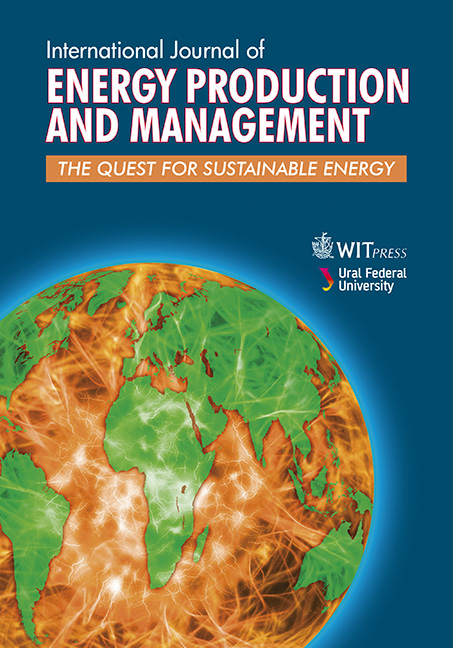The importance of self-generation of electricity through controlled recycling: a case study in West Sub-Saharan African regions
Price
Free (open access)
Volume
Volume 7 (2022), Issue 4
Pages
12
Page Range
338 - 350
Paper DOI
10.2495/EQ-V7-N4-338-350
Copyright
WIT Press
Author(s)
Francisco Javier Balbás García, José Ramón Aranda Sierra, Javier García Blanco & Alberto Ceña Lázaro
Abstract
Controlled recycling of different materials, typical to household appliances, from the landfills located in developing countries in West Sub-Saharan Africa and their subsequent reuse can favour the social, economic and environmental sustainability of the involved regions. This process reduces the unhealthy conditions associated with landfills and the inadequate use of fuels, and it also solves certain deficits in the population. As a continuation of previous studies, this article proposes a practical example of manufacture through the controlled reuse of an asynchronous wind-powered electricity generation system, analysing the benefits and possibilities detected, especially in domestic self-generation and in the reduction of CO2 emissions into the atmosphere. In summary, the topic is the manufacture of an energy generating system using recycled material for domestic use. In this way, the associated self-generation of electricity can supply or reduce the energy demand of a large part of the population in these regions that do not have electricity supply; for example, for a household in Nigeria, it would save between 15% and 75% of the electricity supply. Providing electricity supply also prevents deforestation in regions that use natural biomass as an alternative energy source, an issue that has a global impact on CO2 emissions into the atmosphere.
Keywords
controlled recycling, deforestation, emissions, landfills, wind power.




